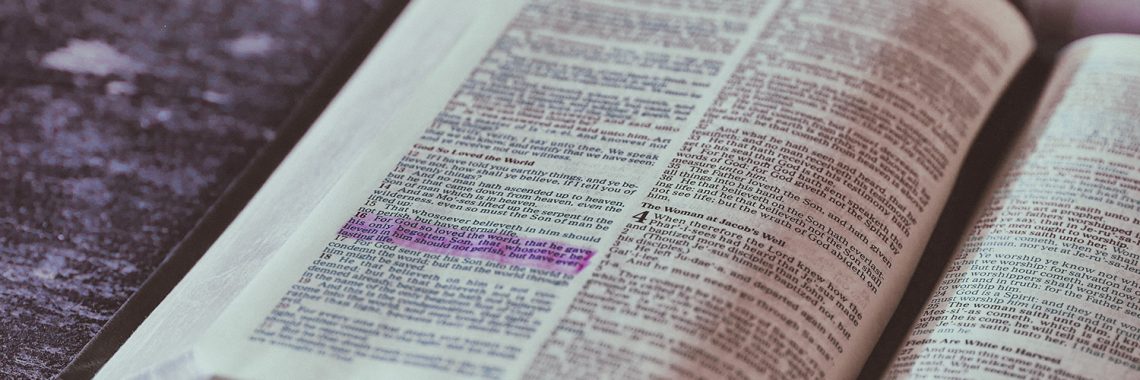Today’s gospel began with quite a detailed list of people in charge of various lands or holding certain influential positions. I wonder how much you know about each of those people, or the regions they were in charge of, or the positions they held – such as a tetrarch? Let’s be honest: unless you have a degree in biblical studies or ancient history of the Near East, this whole introduction means very little to you. But it was very clear to the original audiences of St Luke’s gospel as his introduction referred to the people and areas known to them. It pinpointed a specific moment in time when John the Baptist’s mission began. The fulfilment of the promises and prophecies of the Old Testament – the ones that the people of Israel had longed for for a very long time – came to fruition in a specific geographical, political, religious, social and economic context.
Similarly, God reveals himself to us in our personal context; He doesn’t come in a void, disconnected from reality. In fact, the first-ever Christmas, the incarnation of Jesus, God’s Son becoming man, was God’s ultimate connection with our reality. The Letter to the Hebrews described it rather well: “In many and various ways God spoke of old to our fathers by the prophets, but in these last days he has spoken to us by a Son.” (1:1-2) Consequently, our reality, with its ups and downs, joys and sorrows, must be part of our relationship with God. When we pray, we should obviously thank God for all His blessings, but we should also pour out our fears, anxieties, difficulties, and complaints. “This was to fulfil what was spoken by the prophet Isaiah, ‘He took our infirmities and bore our diseases.’” (Matthew 8:17)
That’s lesson one from today’s gospel. Now it’s time for lesson two. “The voice of one crying in the wilderness: Prepare the way of the Lord.” This opening line of the old prophecy was recalled to explain John the Baptist’s ministry. That voice didn’t exist in a void, nor did it come as something formless or shapeless. That voice had its bearer, namely John, and although the message was God’s, the way it was proclaimed was shaped by John. Of course, John was shaped by his upbringing and influenced along the way by culture, religion, local community, and his interactions with people. The word of God was addressed to him in his specificity. It’s true about each one of us, too. God speaks to us, but we can hear his voice in different ways. We have to find our own ways. That leads us to the third lesson.
“The word of God came to John the son of Zechariah in the wilderness.” I have no doubt that John was a devoted and pious Jew committed to his religion, its practices, and its moral code. And yet, he had to leave the hustle and bustle of everyday life to hear, recognise and respond to God’s voice. As I said earlier, our reality must be part of our piety and religious devotion. But we easily fall prey to and are terrorised by immediacy, haste and everyday hubbub. We need to stop and go away from all that every now and again so we can look at our life from a distance and be enlightened by the word of God. Sunday Mass can be a good way of doing that.
The final lesson of today’s gospel may make us cringe a bit: “repentance for the forgiveness of sins.” It’s safe to say that most of us consider ourselves relatively decent people, trying hard to live our lives in line with the Christian moral code. And it’s quite safe to say that this is true for most of us. So, why do we have to heed the call for repentance? The trouble here emerges from the English translation of the original Greek word, which is impossible to transcribe as a single English word. Repentance – commonly seen as the rejection of morally wrong attitudes and actions, in short, sins – can be a part of the process, but it doesn’t stop there. The Greek word metanoia implies a continuous process of improvement. It’s good to be good – but it’s better to be better. We are not born fully developed but grow and learn throughout our lives; in the same way, we should never stop at any point in our spiritual development, content that we have reached our peak. Life never stops, so we effectively go backwards if we don’t move forward. If we don’t try to improve, we risk becoming stagnant at best or deteriorating at worst. When we actively continue our journey, we will be included in this prophecy: “All flesh shall see the salvation of God.”

